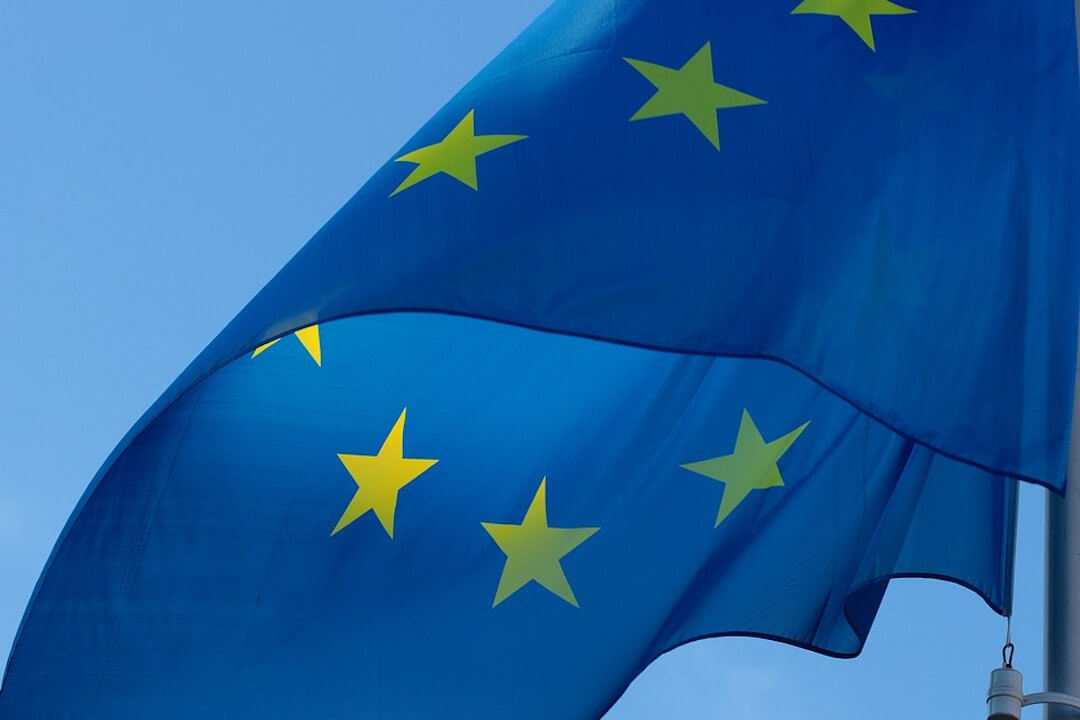

As I reported last month, on January 18th 2019, national governments failed to agree on a common position on Article 11 – also known as the Link Tax – and Article 13, which would require online platforms to use upload filters in an attempt to prevent copyright infringement before it happens.
I honestly thought we wouldn’t have to worry about it any more, at least for the time being. However, I couldn’t have been more wrong.
Article 13 is back in full force, and it’s much worse than ever.
If both Article 11 and Article 13 are approved by the majority of EU member states, I really don’t know how companies will be able to deal with internet platforms.
My personal issue with Article 11 is that, in essence, it would make online platforms either (a) limit their product offerings, (b) create substantially limited web versions for European users, or (c) just block all European IP addresses.
Plus, it’s not like we haven’t seen this happen in the past. A similar move was attempted by Spain a few years back.
Want to know what happened? According to the Guardian:
“Google is closing Google News in Spain and removing Spanish media outlets from the service following a row with the country’s government over new legislation aimed at protecting local publishers that requires the search company to pay for using their content.”
This is not an ideal scenario and it benefits no one.
On the other hand, Article 13 would essentially make internet platforms hosting “large amounts” of user-uploaded content monitor user behavior and filter their contributions to identify and prevent copyright infringement.
Essentially, any YouTube or Medium-like platforms would be liable for copyright infringements.
Goodbye internet (as we know it)!
A compromise between France and Germany over Article 13 of the EU Copyright Directive is very likely to be accepted by the European Council, and its final trilogue negotiation will take place this week. The only remaining chance to defeat it will then be at a final vote by all MEPs in March or April.
It seems that the reason the final trilogue (involving the European Parliament lawmakers, representatives of EU countries, and commission officials) had been postponed was because France and Germany, both supporters of upload filters, were in disagreement over their scope.
However, it seems both countries have now agreed terms on how both articles can be implemented successfully.
The Franco-German compromise that has now been agreed means that Article 13 will apply to all for-profit platforms and that upload filters will have to be installed unless a service meets all three of the following criteria:
In my personal opinion, this makes little sense as most online platforms easily fall under one of these three categories, namely the first one. There’s also a ton of platforms I know, including my own start-up, that are three years old or even older and have little revenue or monthly visitors. Nevertheless, according to the EU, these online platforms now must incorporate user filters.
If both articles get approved, we can safely say goodbye to the internet as we know it.
I’m just hoping we can all come together and do something to stop this atrocity.
Denver, Colorado, 24th February 2025, Chainwire
Denver, Colorado, 20th February 2025, Chainwire
Washington, D.C., 18th February 2025, Chainwire
Dubai, UAE, 27th January 2025, Chainwire
Those who enter the market at this time may be surprised to hear that Bitcoin…
George Town, Grand Cayman, 22nd November 2024, Chainwire